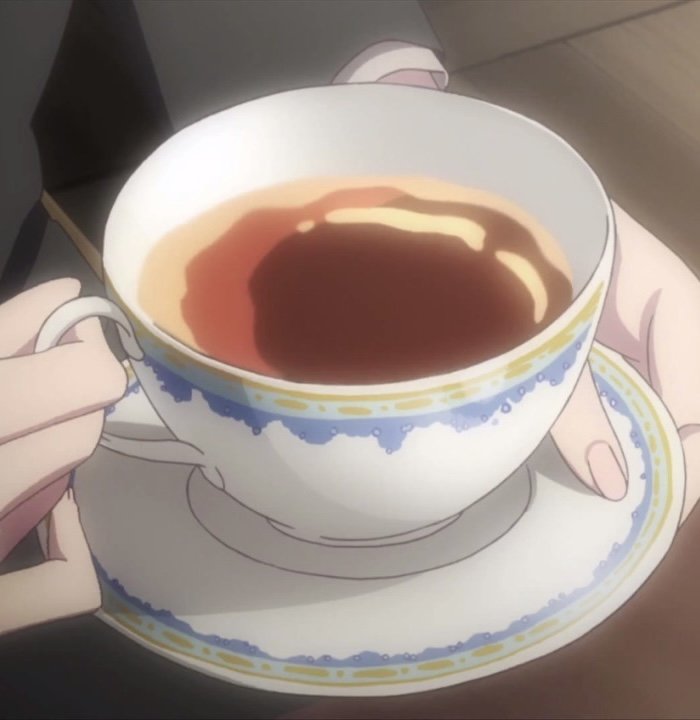City Pop & Depression
Kazumi Kawai (可愛 かずみ Kawai Kazumi) (July 9, 1964 – May 9, 1997 in Tokyo, Japan), was a Japanese singer & actress. Made famous by impersonating Akina Nakamori. She committed suicide by jumping from an apartment building on May 9, 1997.
City Pop & Depression
Depression. A condition many people can instantly relate to. So much of life can be consumed by a never-ending merry-go-round of emotions that lifts us up high only to drop us back down to the rocks below.
The tide of time sweeps us into the waves of our subconscious feelings, and it Tokyo-drifts us deeper into the depths of another state of mind. Music has always been that lifeboat on the horizon, waving lights, attempting to locate me in the disaster of whatever temporary trauma caused the annihilation.
Though sometimes that lifeboat can too get lost in the storm of depression only to lead me even down the rabbit hole of my feelings. Music has the power to both heal and rend. To the same degree, a song can mend a wound it can cut you to the soul in such a way nothing else can.
Yukiko Okada was a Japanese singer and actress, active in the mid-1980s. After winning a nationwide television show at age 15 in 1983, she debuted as an idol in 1984. Her death by suicide two years later led to a number of copycat suicides, a phenomenon that would bear her name.
Such is the case with City Pop where many of the themes often involve melancholic emotions, broken hearts, long goodbyes, and the pain of letting go.
I often wondered why I felt such a powerful attraction to this style of music. I came to the conclusion that one reason is the music has the power to make you feel like you are somewhere else, somewhere far away from where ever you are. The rise and fall of the genre itself is something that I relate to so well given what I’ve experienced during my attachment to the style. Sometimes we so desperately want to escape our own lives but have nowhere to escape to except the places in our mind that we've always known or only knew were possible.
Once City Pop entered my life it was like having a portal to another past, another life. Listening to songs from artists like Takeuchi Mariya and Yamashita Tatsuro fill my mind with images of having lived during the era or just another timeline or maybe another universe where things didn't end the way they did.
There's a kind of therapeutic element to City Pop in the sense that it's like listening to an old radio station that plays songs from a music book that aren't tainted by the evil grip of capitalism; a treasure chest of gems that haven't been remixed, reworked, rebooted, and drained of all nostalgia like music in the west.
Discovering a City Pop song that resonates with you is like unlocking a memory that you had long forgotten. Suddenly you remember something about yourself that had been obscured for as long as you've been conscious.
The feeling can bring a sense of calm to the anxious heart. For someone in depression, it can stir feelings that can either make you feel more at peace or push you further into the spiral of darkness in your mind.
Although many would say that music can only make you feel better I feel there is a dual nature to its power. Japanese City Pop especially has a kind of nostalgic value to it that many people have not experienced yet that relates to the genres it borrows from like AOR, Yacht Rock, and Adult Contemporary. It's mostly a genre based on sentimentality where it almost forces you to come to terms with something you've been avoiding.
Maybe it's the softness of the lyrics (even if you don’t know Japanese) or the easy-listening arrangements sprinkled with warm analog synths that create a pillowy mood that lets you examine your thoughts better while free from the constraints of the rational mind. Indeed, this is the realm of the supernatural.
Sayaka Kanda was a Japanese actress and singer. She was the only child of actor Masaki Kanda and pop singer Seiko Matsuda. Lept to her death from a hotel room in December 2021.
I've dealt with depression for as long as I can remember. For anyone familiar with the condition it can be a like only living as a shadow. So many nights I've wanted to disappear into the city and never be found again. I've always romanticized my darkest desires to never return to what my life was, what it would become.
It's definitely something that I've contemplated a lot, especially before I discovered City Pop. Once I had started listening to songs like Love Space, Plastic Love, and Midnight Pretenders I felt reinvigorated for life, only to realize that these new channels for me to project myself into were not one dimensional, no, for every melody is like a hazy memory that can remind you of something you've lost, or something you'll never have.
Music does not just cure a symptom it can find its way to the root of your emotions because it has an ability to bypass logic and reason and attach itself like a symbiotic organism changing the very essence of who you are.
Who you are is not one-dimensional, and so too is the music more than just a song, it's a key to unlock an understanding of yourself in a new way.
Heartbreak. Sadness. Things we often associate with negative feelings although these aren't just things to brush off as worthless. No. Behind every pair of teary eyes, there is an opportunity for renewal. Depression leads to growth, and growth leads to a greater appreciation for what can facilitate that growth. Sometimes we need to feel the bitter sting of sadness in order to move on and learn.
The dark night of the soul is a rite of passage for anyone who is truly in need of evolution. We all need to experience the duality of existence in order to truly become complete individuals.
City Pop music can help us down the path of the dark night of the soul towards the light of a new day, though we are sure to find that the day will once again lead to night, and our journey around the sun continues in an endless cycle of dancing in the twilight and crying as the dusk rises to signal the birth of a fresh start.
The past and future might co-exist in our minds, and how the two meet creates the present moment. City Pop is the perfect union of everything that could have been, and everything that never was. This is something I can relate to so much.
To quote the lyrics from one of my favorite City Pop songs, “Baby, baby, don’t look so sad. There’s going to be a better tomorrow.”
-Van
AUTHOR
Van Paugam is an Internationally-Acclaimed DJ and leading figure specializing in 70s and 80s Japanese Music, dubbed City Pop. He has organized and hosted over 100 events dedicated to the style, and actively promotes Japanese culture while on the board of the Japanese Arts Foundation of Chicago. He has been featured on CNN, NHK, and many other publications for his dedication to City Pop. Van is credited with being the first person to begin popularizing City Pop online through his mixes on YouTube in 2016, and subsequently through live events. Learn More…







